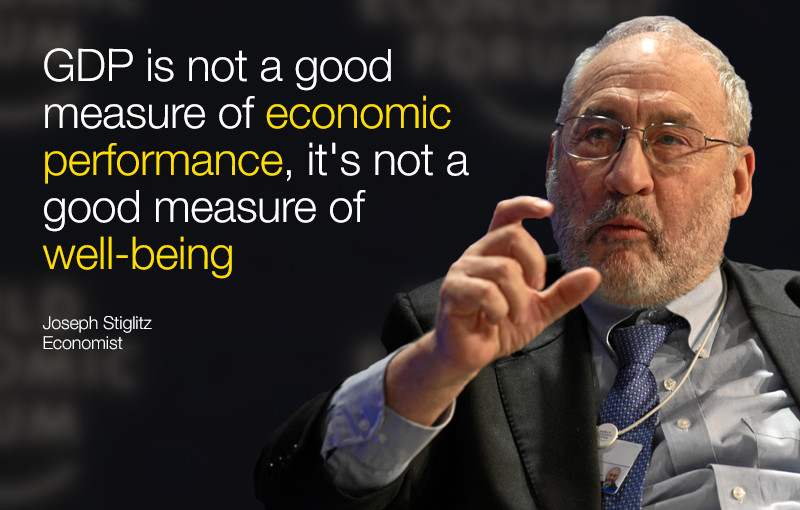Top quotes on the global economy from Davos

How to steady the ship was high on the Davos agenda. Image: WORLD ECONOMIC FORUM/swiss-image.ch
Davos leaders met at a time of uncertainty for the global economy. Growth in China is slowing, world markets have had a tumultuous start to 2016 and the price of oil has fallen to its lowest level in 12 years.
How to steady the ship was high on the Davos agenda. Here's what some of our participants had to say.
In the session, China's Business Context, economist Nouriel Roubini talked about the "perfect storm" affecting global markets and a possible hard landing for the world's second-largest economy.

In a special address, China's Vice-President Li Yuanchao put the recent market turmoil into perspective and discussed China's transition from a state-led investment and manufacturing-led economy to one more dependent on consumers and services.

It may be time to revisit the way we measure economic success, including GDP and productivity, said IMF head Christine Lagarde in a session on The Global Economic Outlook.

Market jitters will stabilise, but monetary policies alone cannot change the world was the message from Raghuram Rajan in the session, The Growth Illusion.

The economy of tomorrow must be one where wealth is shared, said Sharan Burrow in the session on The Future of Growth.

Let's put China's growth figures - 6.9% for 2015 - into perspective, said Ray Dalio in Where is the Chinese Economy Heading?

Governments can step in to manage volatility if they have to, but there will always be, and should always be, small periods of it, said Lagarde in the same session.

If we're measuring the wrong thing, we're going to end up doing the wrong things, said Nobel economist Joseph Stiglitz in a session on How to Reboot the Global Economy.

Don't miss any update on this topic
Create a free account and access your personalized content collection with our latest publications and analyses.
License and Republishing
World Economic Forum articles may be republished in accordance with the Creative Commons Attribution-NonCommercial-NoDerivatives 4.0 International Public License, and in accordance with our Terms of Use.
The views expressed in this article are those of the author alone and not the World Economic Forum.
Forum Stories newsletter
Bringing you weekly curated insights and analysis on the global issues that matter.